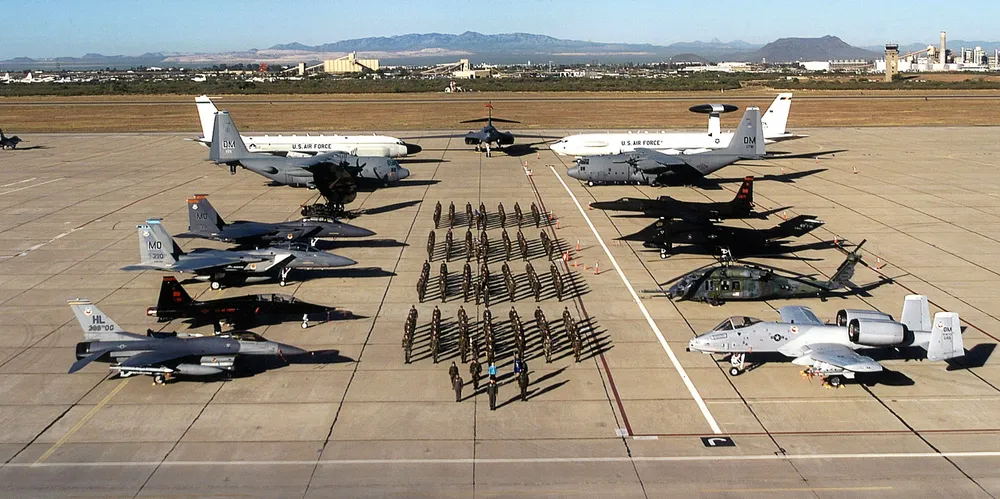US military to trial novel energy storage tech for resiliency amid climate and blackout risk
Innovation Unit sourced new technologies globally to provide power for missions ranging from humanitarian or natural disaster assistance to countering threats

Three new types of prototype advanced energy storage systems will be put through drills by the US Department of Defence as it looks to enhance its energy resiliency for everything from disaster relief to military operations.
The DoD’s Defence Innovation Unit this week awarded three prototype contracts to energy storage developers CellCube, Redflow and DD Dannar.
The Innovation Unit said that “decentralised energy resiliency” empowers the DoD to sustain a wide range of operations – from “humanitarian or natural disaster assistance to countering threats.”
All the developers will “face field trials” for their tech to ensure it meets “minimal criteria by providing high availability of electric power” between 50kW and 1MW for at least eight consecutive hours.
The Innovation Unit said such systems will help protect against threats ranging from extreme climates to blackouts and brownouts, with the latter meaning a lack of electricity available in a particular region.
These will be used to support energy systems used by the Navy and Marine Corps.
The Air Force will also trial a megawatt-scale zinc-bromine flow battery developed by Australian-listed Redflow.
That battery, which works by plating solid zinc on the anode during charging, will enable an Air Force microgrid to provide a dispatchable solar and storage resource for peak shaving and energy resilience.
The Air Force, Navy and Marine Corps will all trial four models of mobile power systems made by US-based Dannar, which uses various types of vehicles packing lithium-ion batteries that can provide up to up to 500kWh of electricity.
The Dannar systems will among other applications power electric vertical takeoff and landing aircraft, used by the army for reconnaissance, transportation and logistics.
Air Force lieutenant colonel Ben Thomas said the Innovation Unit program will mean that “not only does the DoD get the advantage of energy resiliency during adverse weather conditions,” but it will “now be able to store energy during non-peak times and also tie into renewable sources, optimising best utilisation and economic practices.”